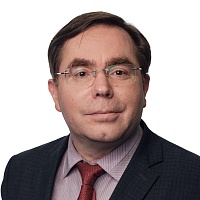
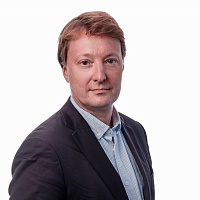
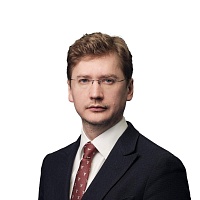
Programme Director of the Valdai Discussion Club; Dean of the School of International Relations at MGIMO University
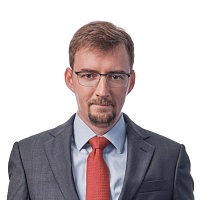




Programme Director of the Valdai Discussion Club; Dean of the School of International Relations at MGIMO University


Programme Director of the Valdai Discussion Club; Dean of the School of International Relations at MGIMO University
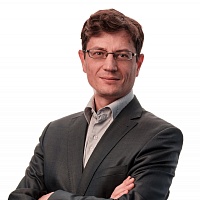




Programme Director of the Valdai Discussion Club; Dean of the School of International Relations at MGIMO University







Programme Director of the Valdai Discussion Club; Dean of the School of International Relations at MGIMO University


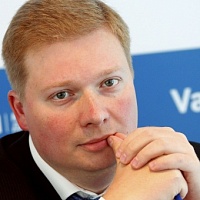


Programme Director of the Valdai Discussion Club; Dean of the School of International Relations at MGIMO University



Programme Director of the Valdai Discussion Club; Dean of the School of International Relations at MGIMO University



Programme Director of the Valdai Discussion Club; Dean of the School of International Relations at MGIMO University



